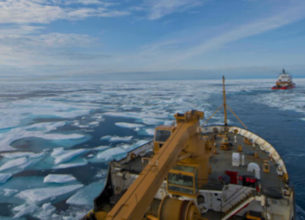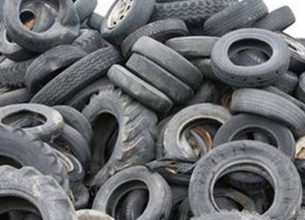Black Carbon
Black Carbon
Why in News?
- Recently, the Minister of State for Environment, Forest and Climate Change outlined the various measures taken to counter black carbon.
Highlights
- Black Carbon (BC) is a short-lived pollutant that is the second-largest contributor to warming the planet behind carbon dioxide (CO2).
- Unlike other greenhouse gas emissions, BC is quickly washed out and can be eliminated from the atmosphere if emissions stop.
- Unlike historical carbon emissions it is also a localised source with greater local impact.
- Black carbon is a kind of an aerosol
- Among aerosols (such as brown carbon, sulphates), Black Carbon has been recognized as the second most important anthropogenic agent for climate change and the primary marker to understand the adverse effects caused by air pollution.
- Black carbon absorbs solar energy, it warms the atmosphere. When it falls to earth with precipitation, it darkens the surface of snow and ice, reducing their albedo (the reflecting power of a surface), warming the snow, and hastening melting.
- It gets emitted from gas and diesel engines, coal-fired power plants, and other sources that burn fossil fuel. It comprises a significant portion of particulate matter or PM, which is an air pollutant.








